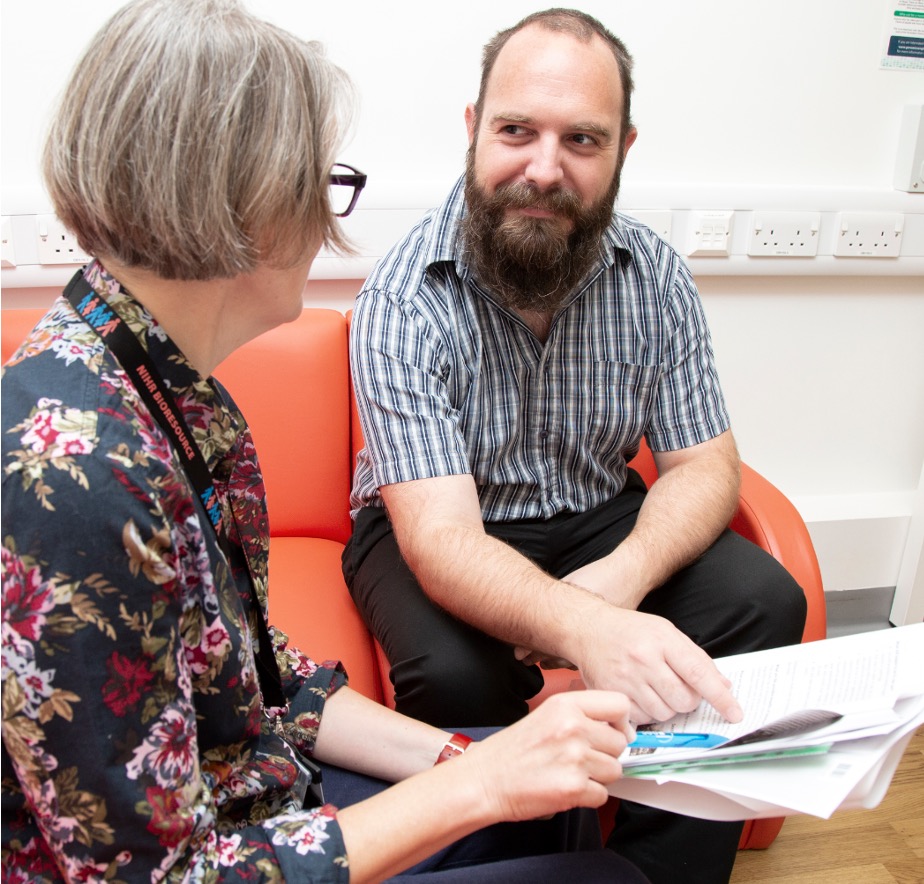Cardiovascular and Respiratory Disease
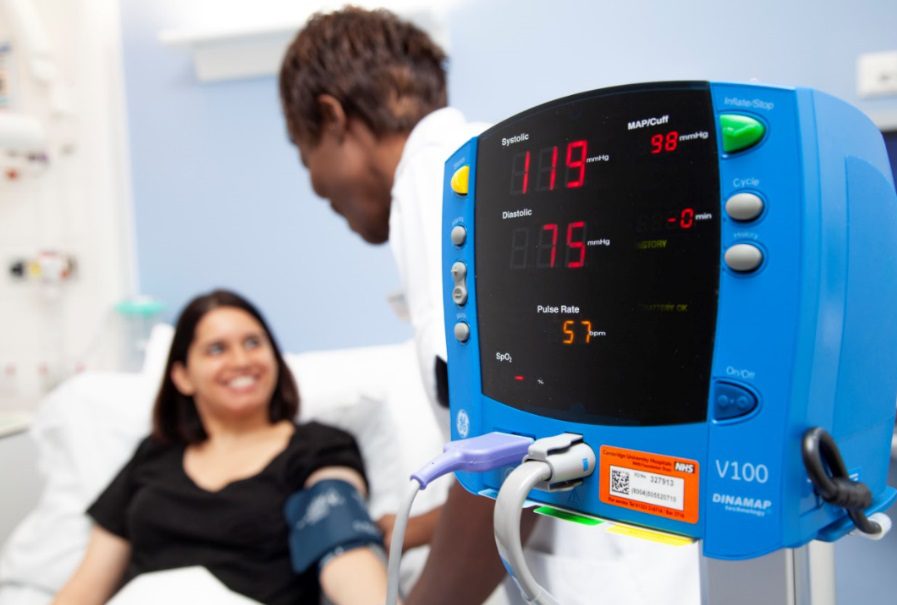

This theme’s focus
- Better diagnosis and treatment of heart attacks
- Reducing lung infections and injury
- Remote diagnosis, monitoring, treatment, and rehabilitation of patients with cardiovascular and respiratory disease
Cardiovascular and respiratory diseases are the leading causes of premature death worldwide – in the UK alone, 1 in 4 of us will die from heart disease and 1 in 5 from lung disease. Half of all deaths from heart disease are sudden and unexpected.
In this theme, we will focus on how we can:
- Use existing drugs that are proven in other diseases to treat cardiovascular and respiratory disease (known as ‘repurposing’), resulting in faster approval and wider implementation
- Use remote monitoring of patient and community-based programmes to get early patient, public and system benefits via better diagnosis, early intervention, improved uptake and reduced admissions
- Develop new drugs that are designed to treat complications of cardiovascular and respiratory disease, including lung infections and heart failure
- Combine analysis of patient records and diagnostic tests to improve prediction of disease exacerbations and prevent future events.
Why we need heart and lung research
In this short video, cardiovascular and respiratory theme lead Professor Martin Bennet explains the importance of heart and lung research and how researchers are investigating new ways to treat and prevent diseases.
Here are some of the conditions we are researching:
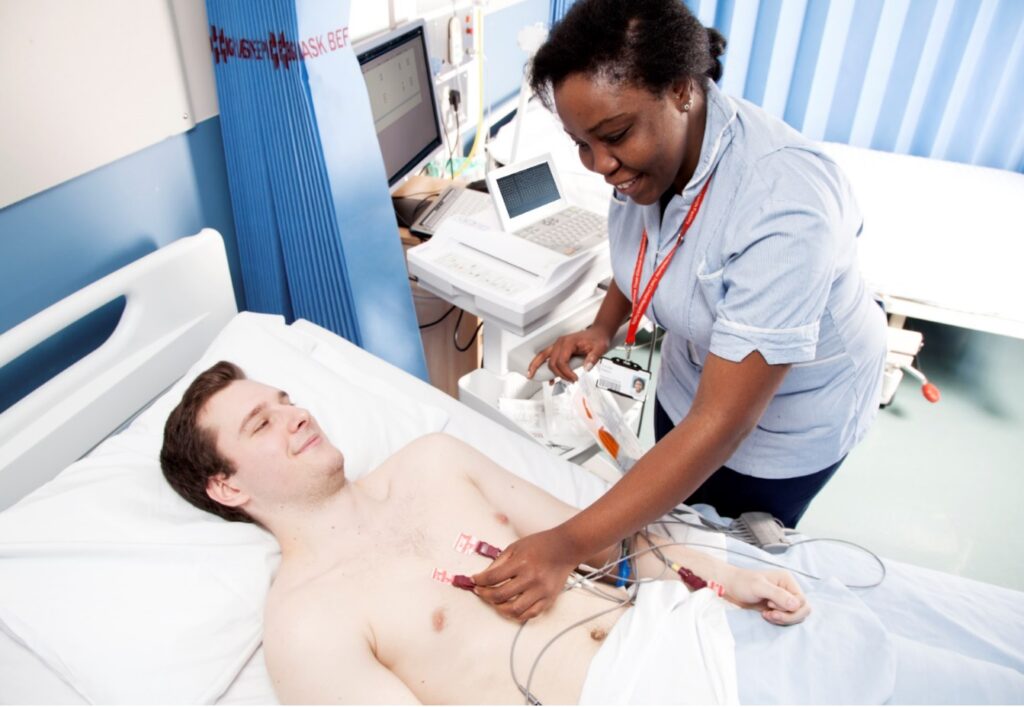
Heart attack
The commonest cause of heart attack is atherosclerosis, where arteries become clogged with white fatty substances (plaques). We will develop new drugs to treat the effects of atherosclerosis, and new imaging technologies (such as high-tech scans) to follow high-risk patients and treat them before the plaques rupture. We will also examine how we can better treat and rehabilitate patients with heart failure, where the heart doesn’t pump properly after a heart attack or other forms of damage, and identify new drugs to reduce the damage done with each heart attack.
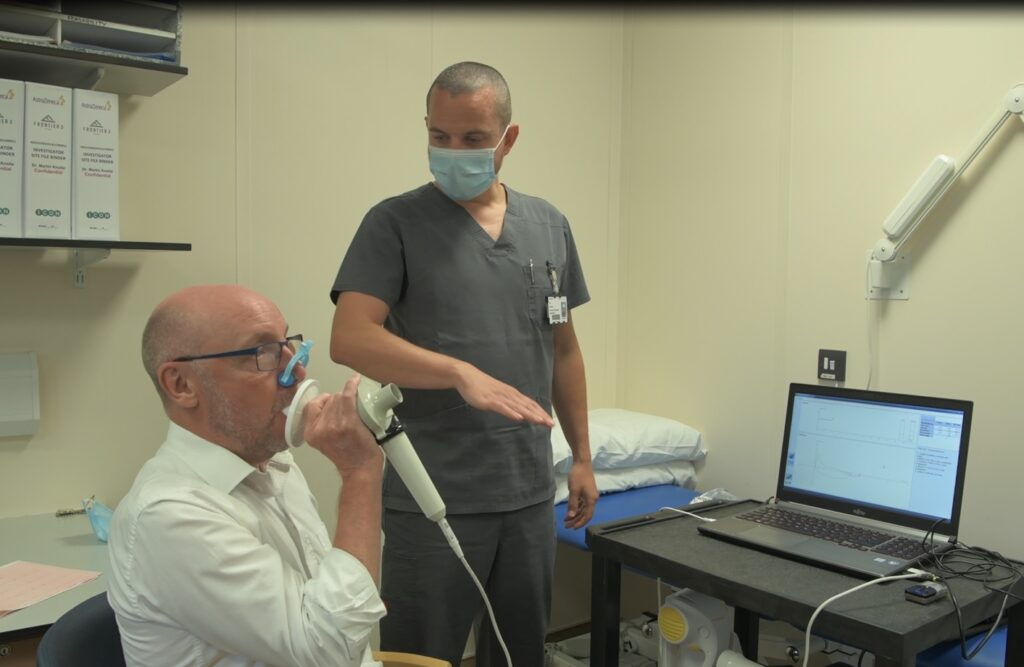
Lung disease
In respiratory disease, our focus is lung infection, acute lung injury and bronchiectasis (a long-term condition that makes the lungs more vulnerable to infection). Existing treatments do not slow the progression of the conditions, and patients with chronic lung disease, often have worsening of their disease due to infection. Early diagnosis and treatment of infections can stop patients getting worse, limit the need for antibiotics, prevent patients’ being admitted to hospital, and reduce spread of infections.
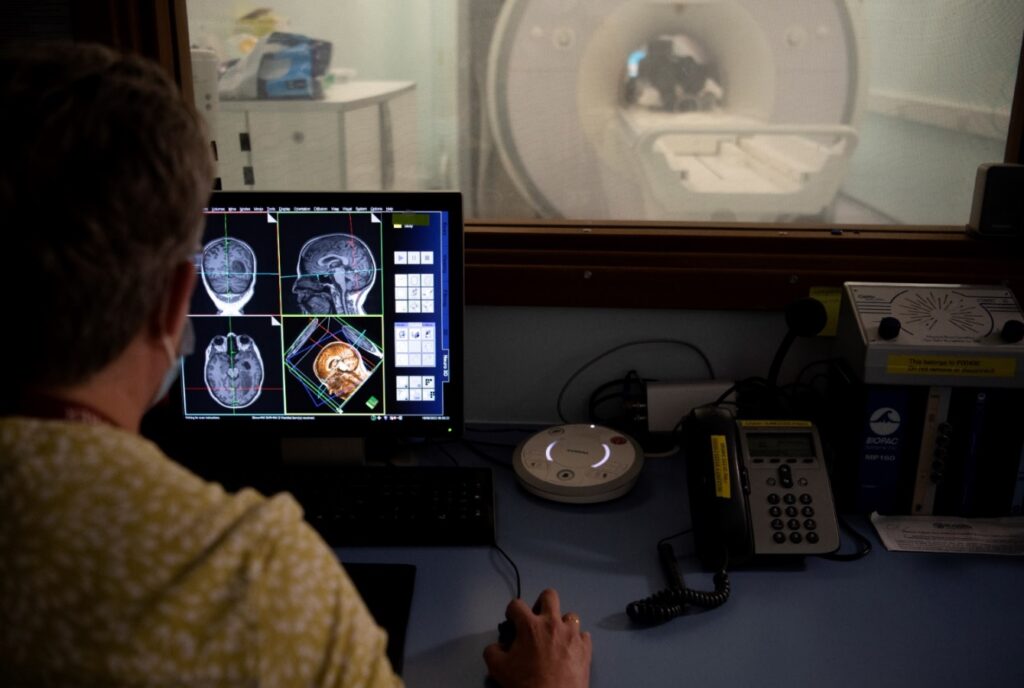
Small vessel stroke
Strokes caused by blockage of small arteries in the brain are called small vessel strokes, and there is currently no treatment for this form of stroke. We are investigating how commonly used drugs could both prevent small artery stroke and reduce the damage done, reducing the disability from stroke.

Artificial intelligence-based analysis of health records and diagnostic tests
We are examining how computer-based examination of large numbers of patient records, blood tests and new scans can accurately predict outcome in lung infections and heart attacks. This approach can both personalise and target appropriate treatment to specific patients, improving their care and better utilising health resources.
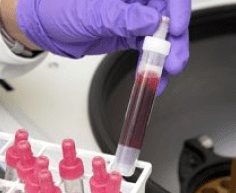
Genetic analysis
We are using powerful new techniques to examine genetic information from both patients and infections to develop new drugs and reduce the spread of lung infections in patients with chronic cardiovascular and respiratory disease.

